How to choose safe drivers for your Small Business?
Some businesses are forced to require at least some of their employees to drive as part of their job. This can be true for a landscaping company who drives to many third party locations throughout the day, but it can also be true for a restaurant who has the assistant manager run to the grocery to purchase snacks for the staff. No matter what the scope of your employees driving is in relation to their overall job, it is important to have a plan for how you are going to make sure they are safe drivers. In order to do this you must have a detailed plan in place to keep your employees and your vehicles safe while they are out on the road. Here are five ways to ensure your business is doing everything it can to protect your business.
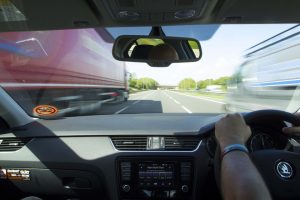
Consistency
You should strive for consistency in everything related to your vehicle fleet. This should be the same if you have two employees who drive for your business occasionally or 200 drivers out on the road at any given time. You should train all drivers the same way and hold everyone to the same standards throughout the length of their employment with your organization. Consistency is the best way to ensure your business is employing safe drivers.
Verify all records
It is crucial to verify any record your employee gives you about themselves. You should hire people you trust, but you must verify what they tell you in order to ensure your trust is not being violated. This goes for their past work history, their certifications, as well as their driving and criminal records.
Conduct thorough Background Checks
If you are going to be trusting your employees with expensive equipment than you need to run a thorough background check on them at the time of hire and periodically throughout their employment. How in-depth this check is will be different for every business depending upon the scope of your work and the experience of your employees. Digging deeper in to your employees background is always better than not exploring their history far enough.
Pull Motor Vehicle Records Yearly
Before anyone uses a vehicle as part of their job, you need to have a look at their motor vehicle record. This is a requirement for many insurance policies and failure to do so can cause your commercial auto insurance premium to increase or your business to be dropped from coverage entirely in some instances. These should be pulled yearly to ensure nothing has come up that would disqualify any of your employees from continuing to be qualified as a safe driver. You can never expect your employees to notify you of every traffic violation they experience while not on the job. The only way to know if they are continuing to be a safe driver is to look at their driving record.
Safe Drivers Test
Periodically testing your employees is crucial to ensuring they are taking the safety procedures you have in place seriously. This test can be as informal as going for a ride along with the driver occasionally to a formal written exam. The depth of this test will depend upon how much the employee uses a vehicle as a part of their job, but some type of test should be a part of your overall vehicle safety program.

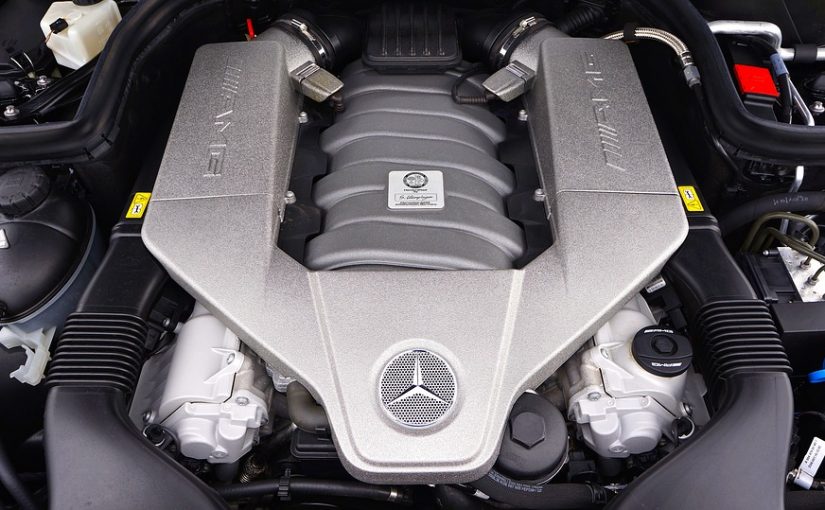
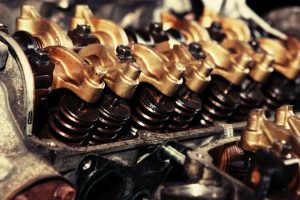
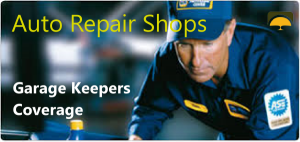

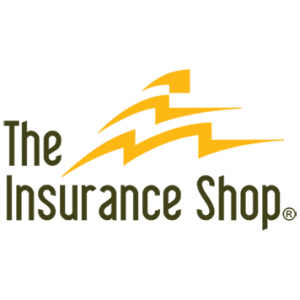 My Insurance Question is a creation of
My Insurance Question is a creation of